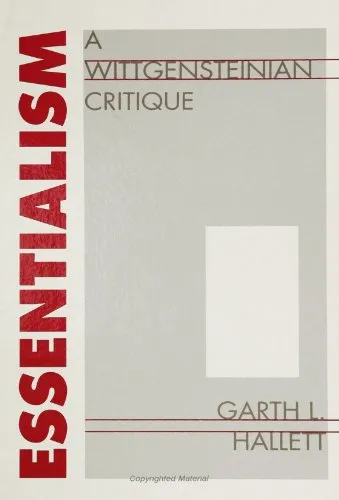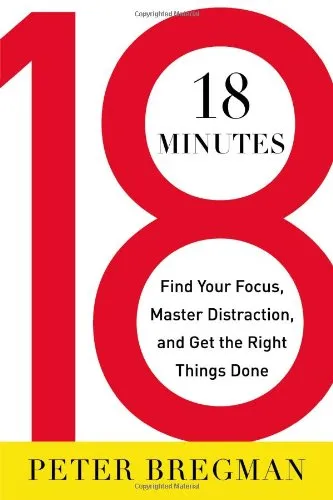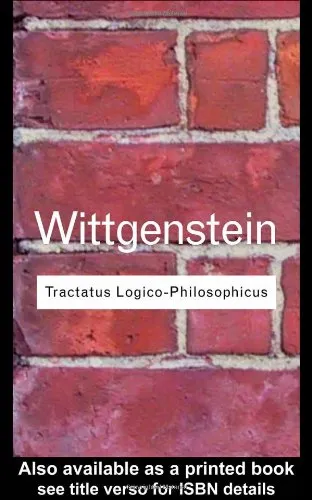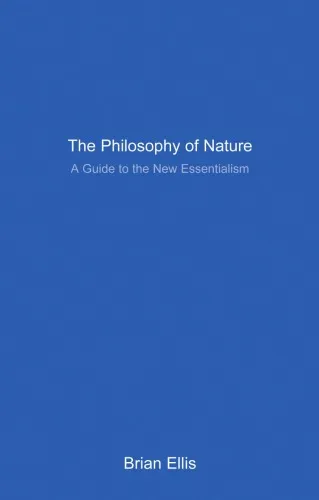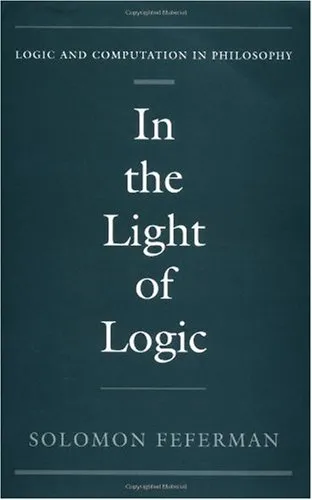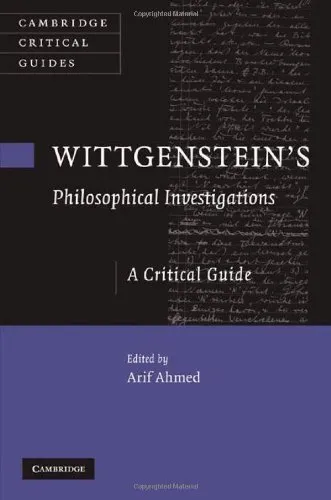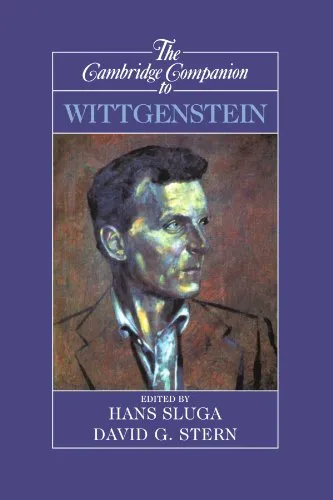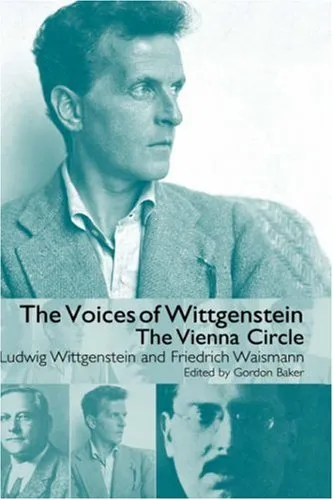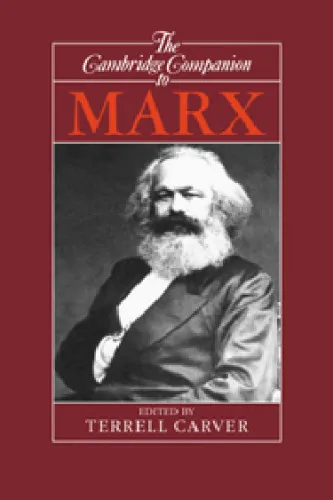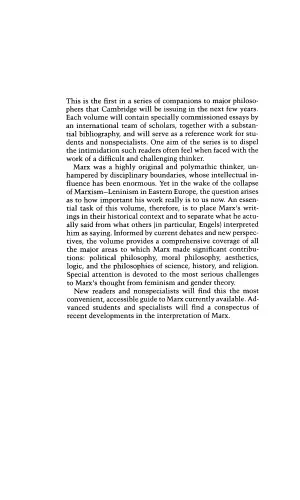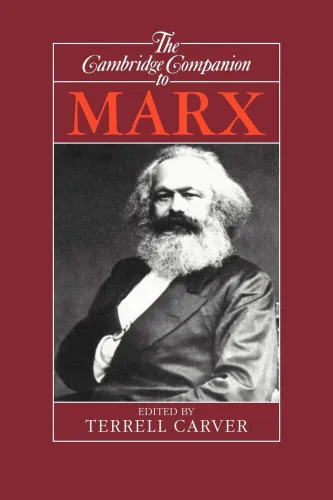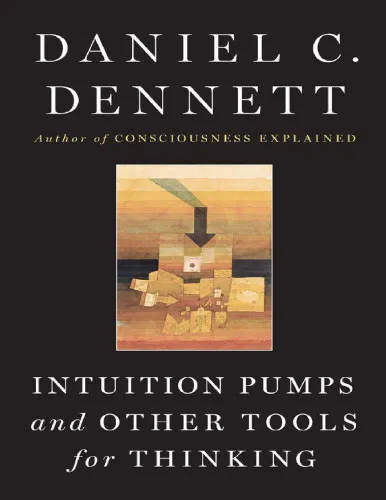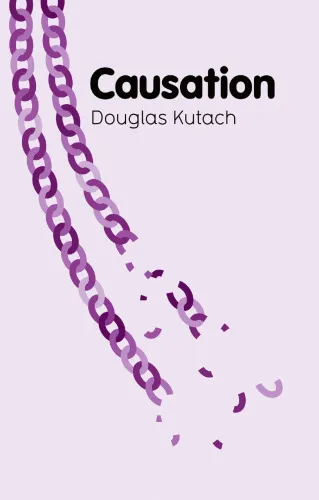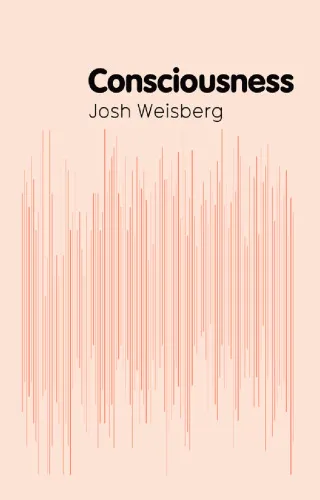Essentialism: A Wittgensteinian Critique
4.3
Reviews from our users

You Can Ask your questions from this book's AI after Login
Each download or ask from book AI costs 2 points. To earn more free points, please visit the Points Guide Page and complete some valuable actions.Related Refrences:
Analytical Summary
In Essentialism: A Wittgensteinian Critique, Garth L. Hallett brings to bear the penetrating insights of Ludwig Wittgenstein on the enduring philosophical debate over essentialism. This work challenges the assumption that concepts have fixed, discoverable essences, and instead invites the reader into a nuanced understanding of meaning as rooted in use, context, and linguistic practice.
Essentialism, as traditionally conceived, holds that categories—whether natural kinds, moral types, or conceptual distinctions—are grounded in intrinsic, immutable properties. Hallett’s scholarly approach systematically interrogates this stance, drawing on Wittgenstein’s later philosophy, where meaning emerges not from static definitions but from the dynamic “language games” we play. The argument is methodical, walking readers through the tension between essentialist intuitions and pragmatic, use-based semantics.
By situating essentialism within a Wittgensteinian framework, Hallett explores not only linguistic implications but also epistemological boundaries. The scrutiny extends to metaphysics, ethics, and theology, where essentialist thinking often exerts a deep, sometimes unexamined influence. The book’s exact publication year is information unavailable, as no reliable public source confirms the date. Nonetheless, its relevance persists across academic discussions in philosophy of language and conceptual analysis.
Key Takeaways
Readers of Essentialism: A Wittgensteinian Critique will leave with sharpened analytical tools, a clearer grasp of Wittgenstein's critique of essence, and a renewed appreciation for the role of language in shaping philosophical inquiry.
First, the book underscores the limits of defining concepts by uncovering "real essences." Such attempts often fail to account for the variability in how terms function across different contexts.
Second, it reinforces Wittgenstein’s model of meaning grounded in usage, which pushes against the metaphysical fixity that essentialism presupposes.
Third, Hallett demonstrates that philosophical clarity comes not from locking down universal definitions but from attending closely to the practices that give life to our words.
Fourth, it challenges academics and professionals to rethink how essentialist assumptions influence critical analysis in diverse fields.
Finally, this work offers a disciplined yet accessible platform for ongoing debate, making it valuable for both teaching and advanced research.
Memorable Quotes
The temptation to look for something in common... produces, in philosophy, an illusion of depth.Unknown
Philosophical investigation is not about constructing theories, but about freeing ourselves from them.Unknown
Meaning resides not in an essence hidden behind the word, but in the life of the word within our shared activity.Unknown
Why This Book Matters
Essentialism: A Wittgensteinian Critique holds value not only for philosophers but for all disciplines that wrestle with the boundaries of definition and the nature of meaning.
In law, medicine, theology, and linguistics, essentialist thinking shapes both theory and practice—sometimes productively, sometimes problematically. By applying Wittgenstein’s methods, Hallett unearths the consequences of holding fast to essences and reveals alternative avenues grounded in the fluidity of language.
This orientation fosters intellectual humility, encouraging specialists to pay attention to usage rather than abstract universals. The book stands as a compelling guide for anyone aiming to interrogate the deep structures that underpin human knowledge.
Inspiring Conclusion
In engaging with Essentialism: A Wittgensteinian Critique, readers open themselves to a transformative reassessment of how—and why—we define the world.
Hallett’s work serves as a scholarly compass for navigating away from rigid essentialist doctrines toward the living terrain of linguistic practice. For academics, professionals, and serious readers, this journey promises richer analytical frameworks and more adaptable modes of reasoning.
Your next step is clear: delve into the text, share its insights with peers, and discuss them in your own domains of expertise. This is more than a critique—it is an invitation to rethink the very foundations of thought.
Free Direct Download
You Can Download this book after Login
Accessing books through legal platforms and public libraries not only supports the rights of authors and publishers but also contributes to the sustainability of reading culture. Before downloading, please take a moment to consider these options.
Find this book on other platforms:
WorldCat helps you find books in libraries worldwide.
See ratings, reviews, and discussions on Goodreads.
Find and buy rare or used books on AbeBooks.
1330
بازدید4.3
امتیاز0
نظر98%
رضایتReviews:
4.3
Based on 0 users review
Questions & Answers
Ask questions about this book or help others by answering
No questions yet. Be the first to ask!
